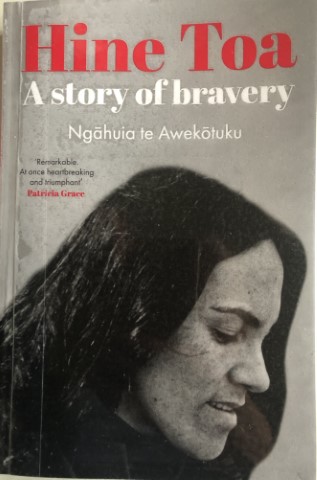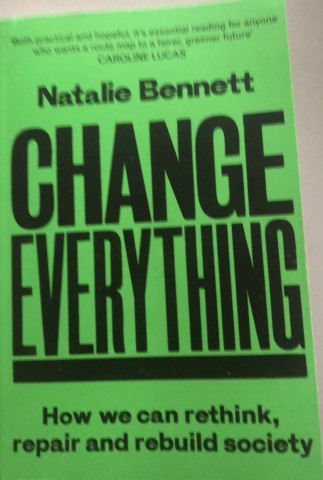I first learned about this book in March and because I remembered Ngahuia from my days in Auckland on the periphery of the women’s movement, I immediately put a hold on it at the library, where I was #2 on two copies. The book was launched on 20 April, when I heard Ngahuia interviewed by Susie Fergusson, and during the following week the book was featured on Reading Room, all of which roused my anticipation to read it. It took a further four weeks for my hold to appear, and I wondered again whether the library staff get to read new books before they are released to the public.
I felt the prologue gave the reader a fitting introduction to the story. Ngāhuia’s depiction of her early years in Rotorua were compelling, especially her growing awareness of being lesbian, while also conforming to expected standards. She was born in the same year as me, but our upbringings could not have been more different.
Her years in Auckland interested me because I was also in that city at that time, but again her life was far removed from my experiences as a wife and mother. During the 1970s I was ignorant about racism and lesbians, although my involvement with the Values Party soon educated me, and I was also on the fringes of Broadsheet.
I enjoyed reading about the visit of Germaine Greer, and times in the Kiwi Hotel, which was the scene for some of my underage drinking. I also liked Ngāhuia’s description of hippies sprouting like colourful noxious weeds all over campus. This book is a must for anyone interested in social history.
A Māori hine truly brave
who knew just how she might behave



